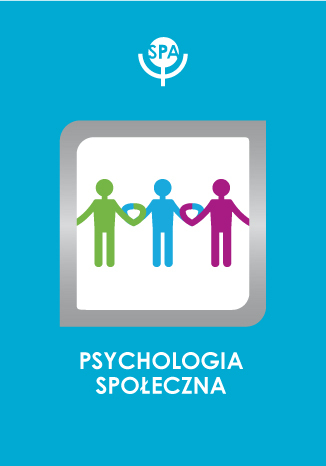O możliwości kontrolowania konfliktów grupowych

Janusz Reykowski
DOI:
Rocznik: 2009 Tom: 15 Numer: 2
Strony: 207-221
The paper discusses two propositions: that conflict dynamics has stage-like characteristics and that group “forces” have significant impact on this dynamics. The conflict can be initiated If inhibitory mechanisms are not effective enough. Three stages of the conflict can be identified: Limited Conflict, Advanced Conflict – a fight, and Destructive Conflict – when the adversaries’ main goal is inflicting harm or destroying the other side. Group forces can foster either inhibition or escalation of the conflict. Inhibitory forces can be instigated in situations when common group identity and norms supporting cooperative functioning are getting salient. Escalation is likely in intergroup situations. The paper reports three series of experiments testing the proposition that induction of the temporary common identity and common norms may help in solving conflicts. The experiments consisted of discussions in small groups who were supposed to find common solution for some controversial issues; sex education in schools (ideological conflict)) or localization of a garbage collection site in the county (conflict of interests). The participants of the discussions were parents of school children, politicians representing parties from the opposite ideological spectra or villagers from the county. It has been found that the experimental procedure was effective since the most of the groups were able to achieve a common solution to the problems. Theoretical implications of these findings are discussed.









 Pobierz pełny tekst
Pobierz pełny tekst



